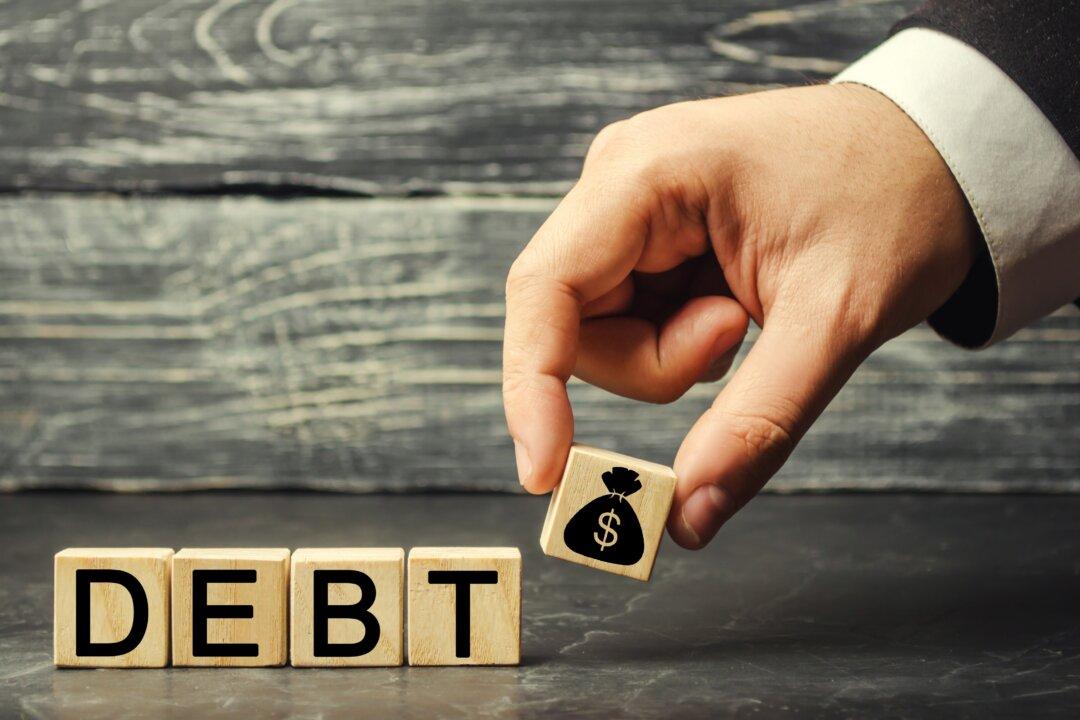In previous articles, I have used the terms “good debt” and “bad debt,” and the latter term undoubtedly has seemed like somewhat of an oxymoron to some. Getting into debt is considered a cardinal sin to many who give advice within the personal finance world. But, while some high-interest debt, such as credit cards, can be bad and lock you into a cycle of owing money for many years, not all debt is necessarily “bad.”
Taking on debt can be practical if used as a tool and as something within your financial capability. Taking on debt can be daunting if done under the wrong circumstances, but if you look at it as an advantage and use it pragmatically, it can be a powerful tool.





